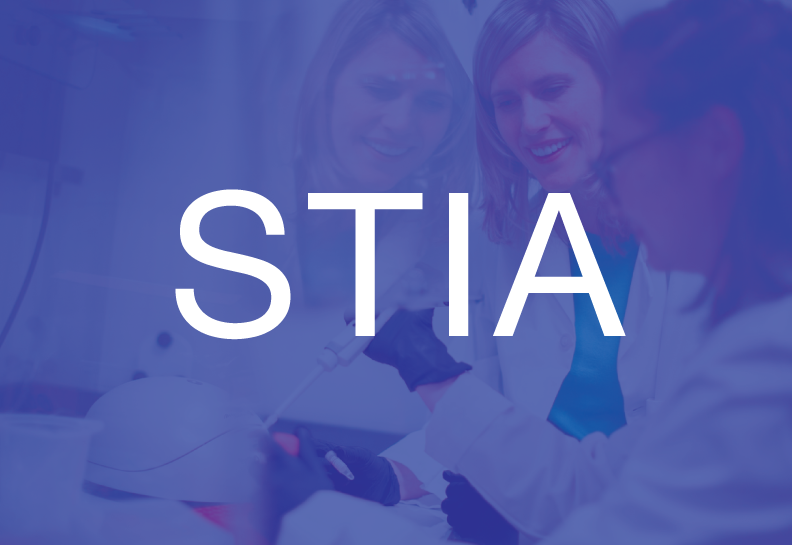Centers & Institutes
Centers & Institutes
African Studies Program (AfSP)
The African Studies Program focuses on political life broadly conceived and aims to foster an understanding of politics and economic development, conflict management and resolution and issues of governance and institutions in sub-Saharan Africa.
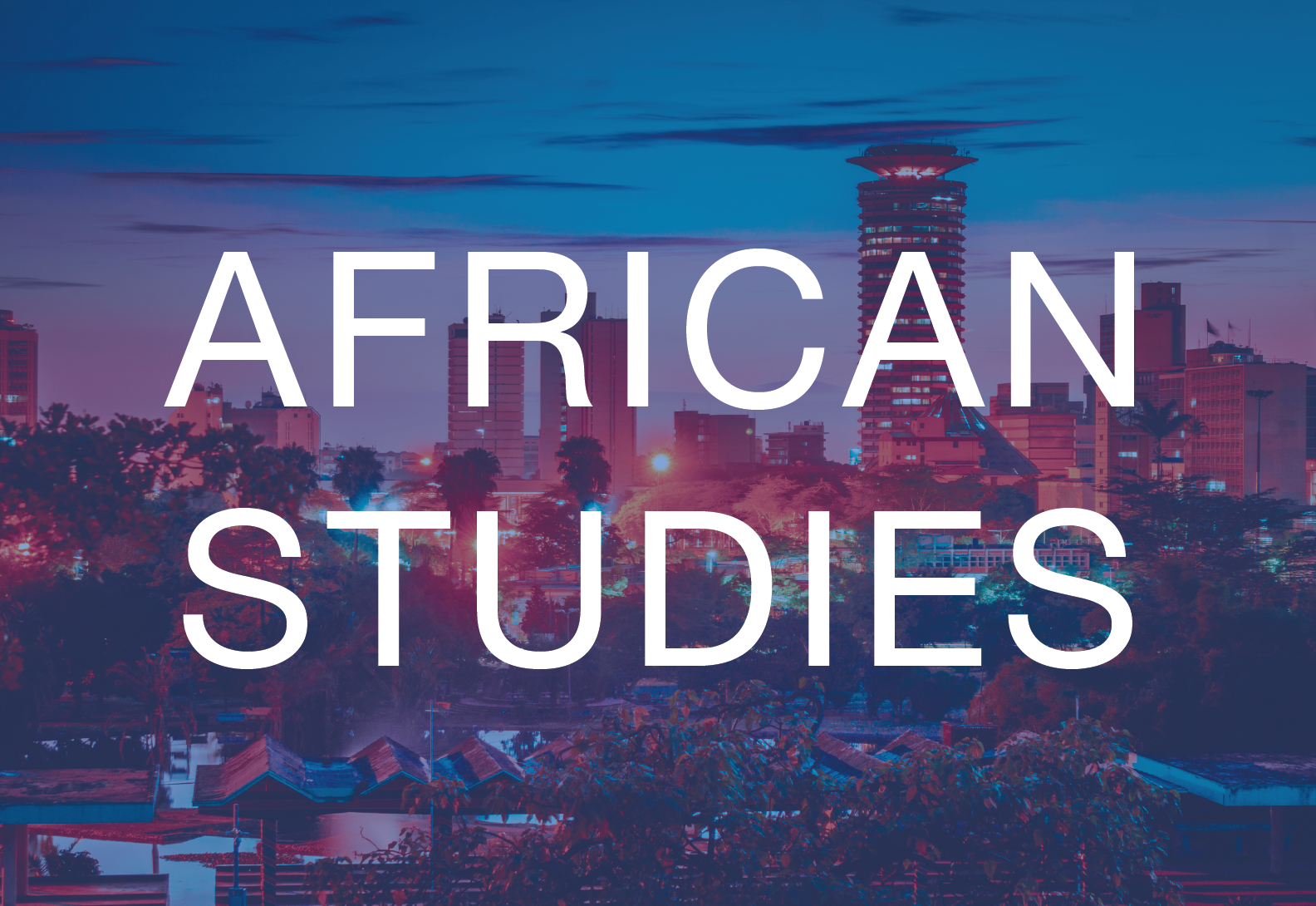
Alwaleed Bin Talal Center for Muslim-Christian Understanding (ACMCU)
The Alwaleed Bin Talal Center for Muslim-Christian Understanding (ACMCU) seeks to build stronger bridges of understanding between the Muslim world and the West as well as between Islam and Christianity—improving relations between the Muslim world and the West and enhancing understanding of Muslims in the West.
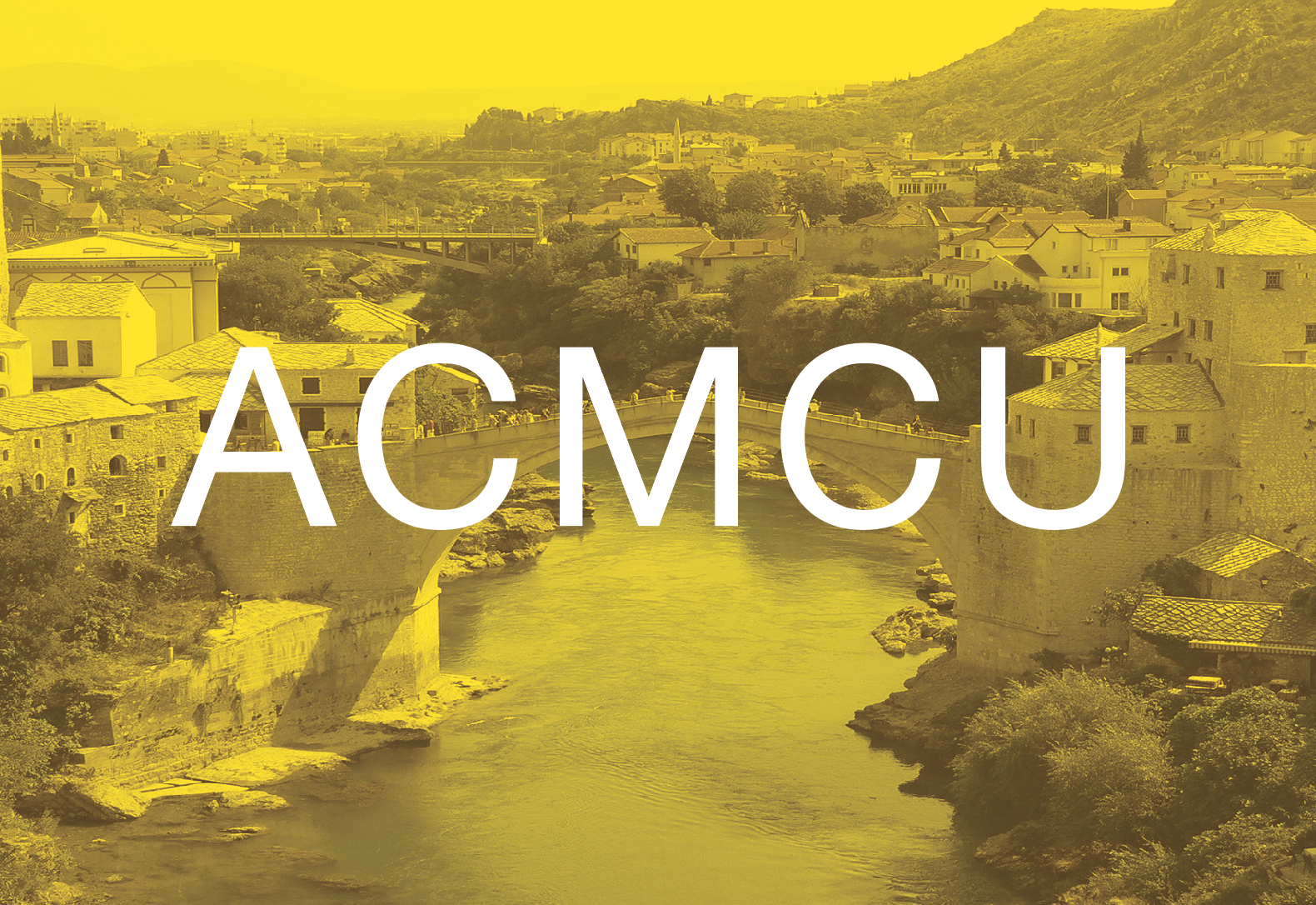
Asian Studies Program (ASP)
Georgetown University has long recognized Asia’s importance in global affairs. Accordingly, the SFS Asian Studies Program was established over thirty years ago to meet the demands for rigorous academic study of this critical region.
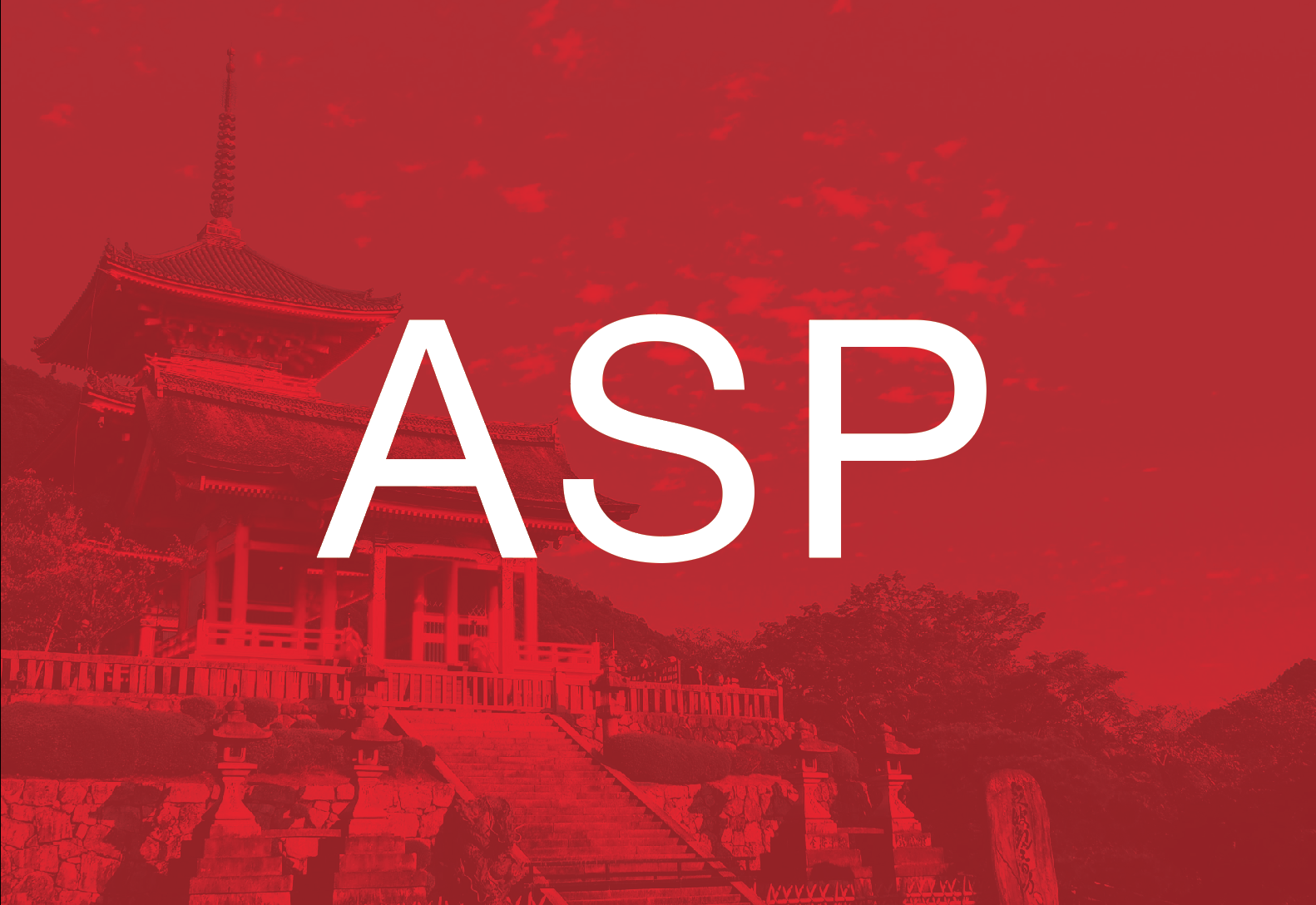
BMW Center for German and European Studies (CGES)
The BMW Center for German and European Studies (CGES) provides an institutional foundation at Georgetown University for disciplinary and interdisciplinary research and teaching on modern Europe, with emphasis on cultural studies, economics, history, and political science. Home to the Master of Arts in German and European Studies (MAGES).
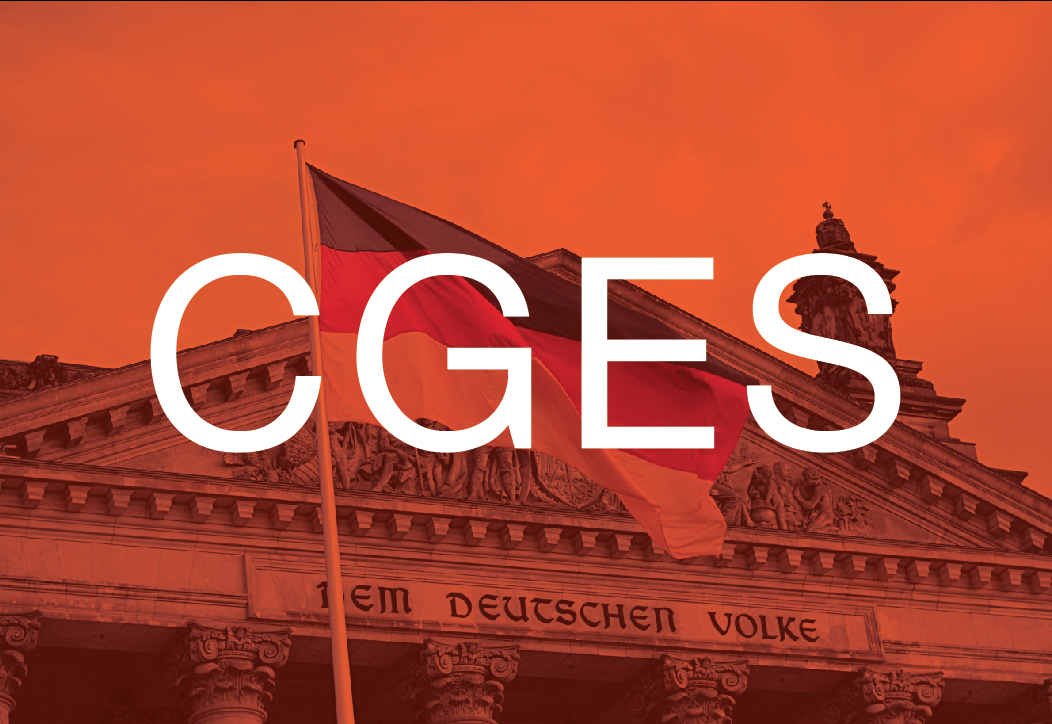
Center for Australian, New Zealand and Pacific Studies (CANZPS)
The Center for Australian, New Zealand and Pacific Studies (CANZPS) offers a program of courses about Australia, New Zealand, and the Pacific in such disciplines as history, government, international affairs, sociology, literature, and fine arts; also has an extensive outreach program of lectures, conferences, and meetings.
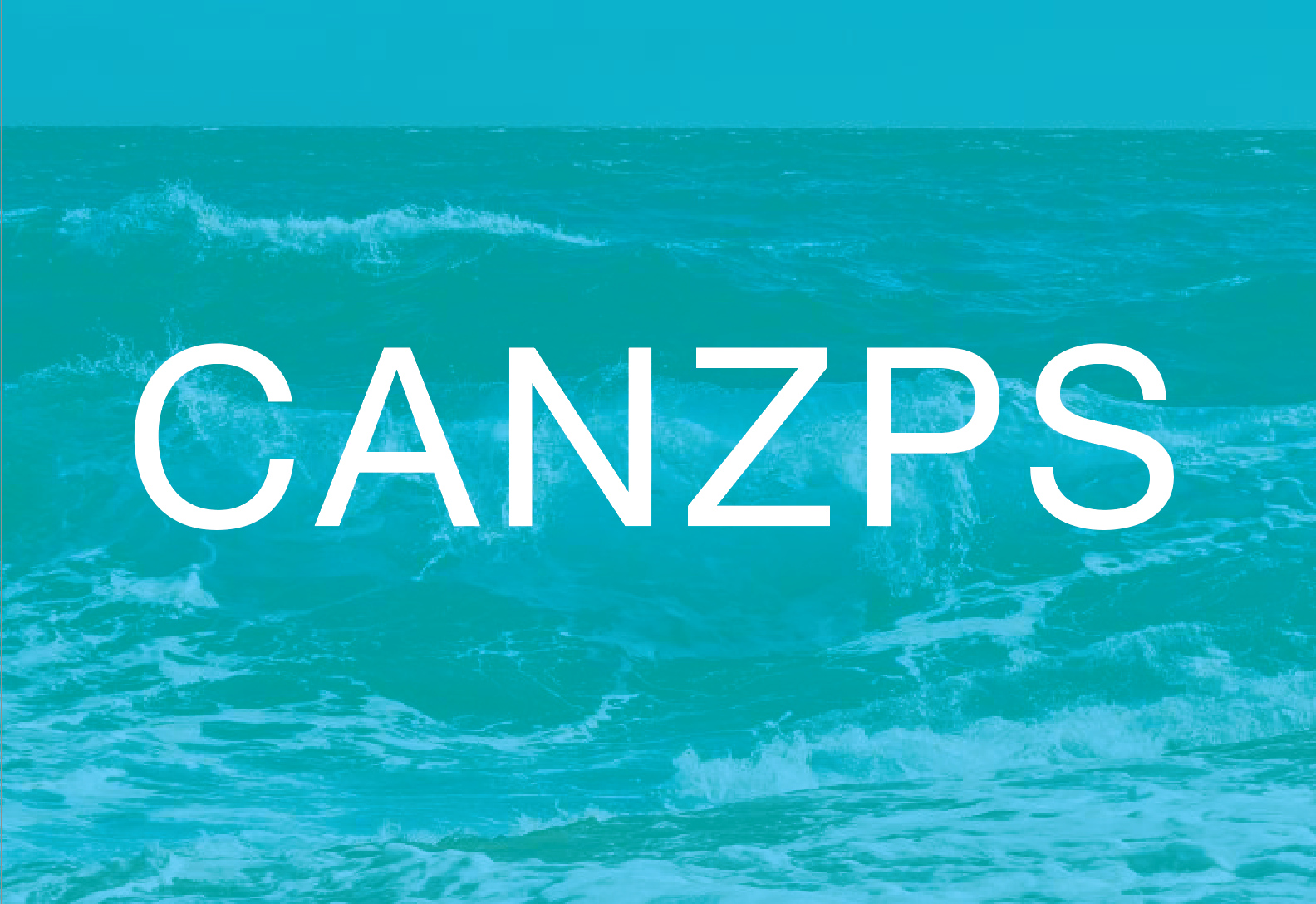
Center for Contemporary Arab Studies (CCAS)
The Center for Contemporary Arab Studies focuses on the contemporary Arab world, from Morocco to the Gulf, through teaching, scholarship, public events, research, publications, and outreach. Home to the Master of Arts in Arab Studies (MAAS).
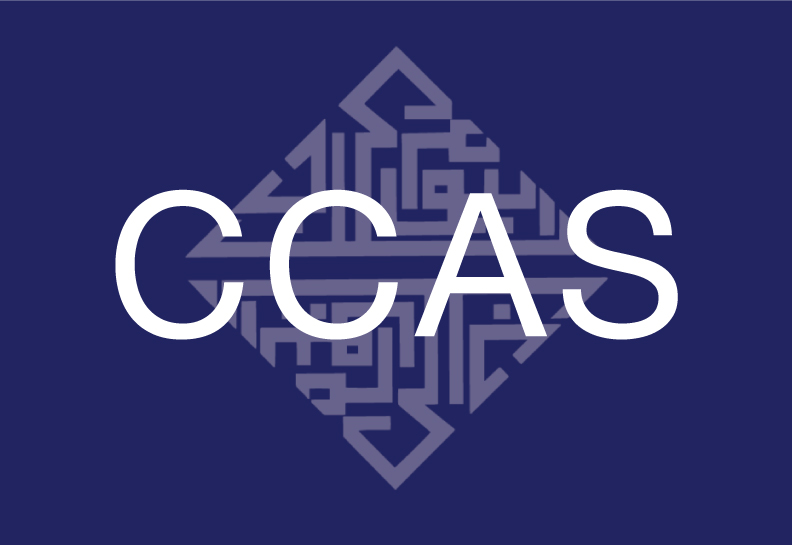
Center for Eurasian, Russian and East European Studies (CERES)
The Center for Eurasian, Russian and East European Studies offers one of the nation’s preeminent master’s degree programs, hosting a rich outreach program of events in the area from central Europe to the Pacific and the Baltic to the Mediterranean, Black and Caspian Seas. Home to the Master of Arts in Eurasian, Russian and East European Studies (MAERES).

Center for International and Regional Studies (CIRS) at Georgetown University in Qatar
The Center for International and Regional Studies (CIRS) provides a forum for scholarship and research on international and regional affairs at Georgetown University in Qatar—fostering thoughtful dialogue among students, scholars and practitioners of international affairs, facilitating the free flow of ideas and engaging in outreach activities with a wide range of local, regional and international partners.
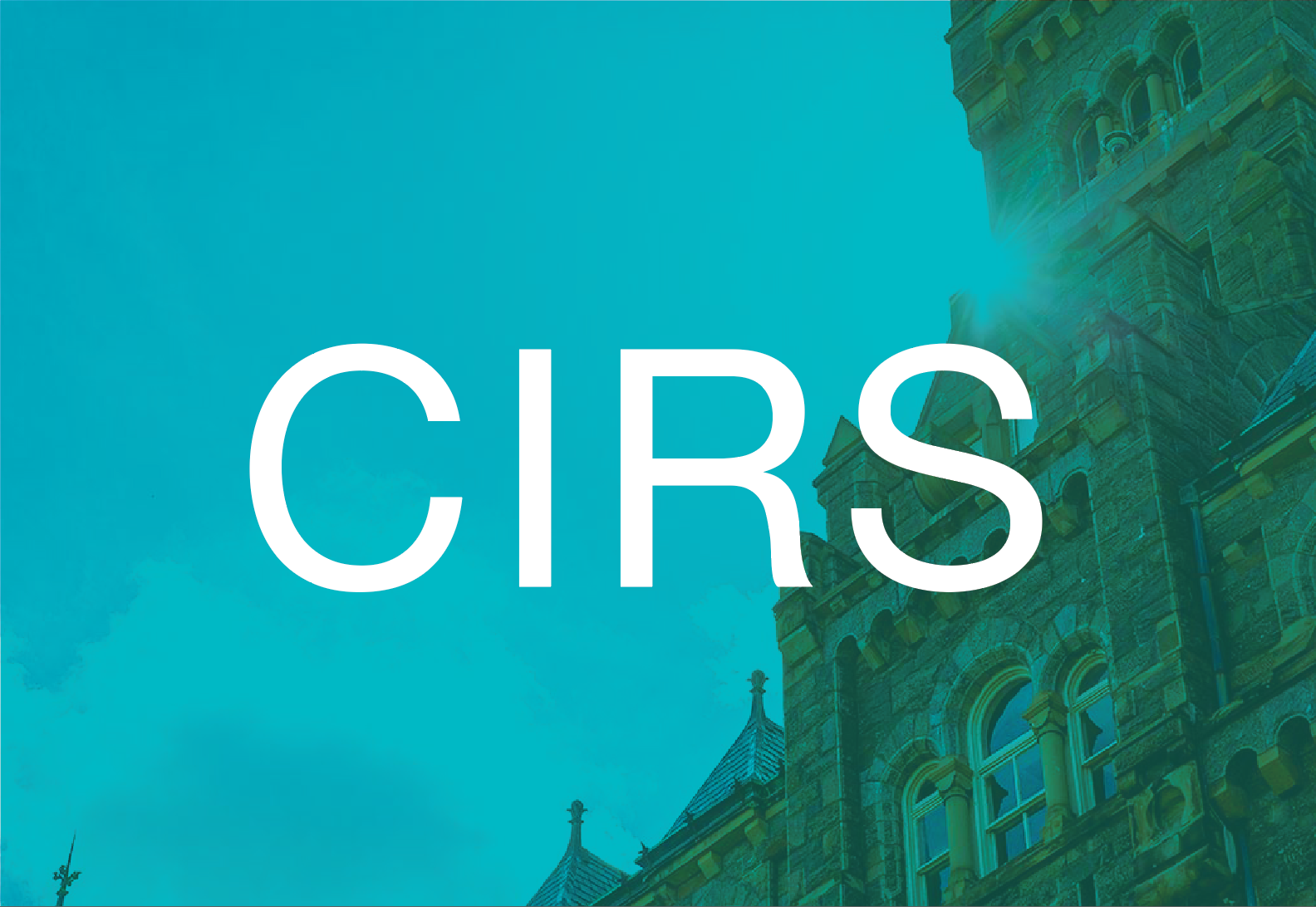
Center for Jewish Civilization (CJC)
The Center for Jewish Civilization (CJC) seeks to study the global dimensions of Judaism throughout the ages and especially in our own era, with an emphasis on the ethical aspects of Jewish civilization—examining Judaism both as a religion and as a civilization and community of people in dialogue with others.
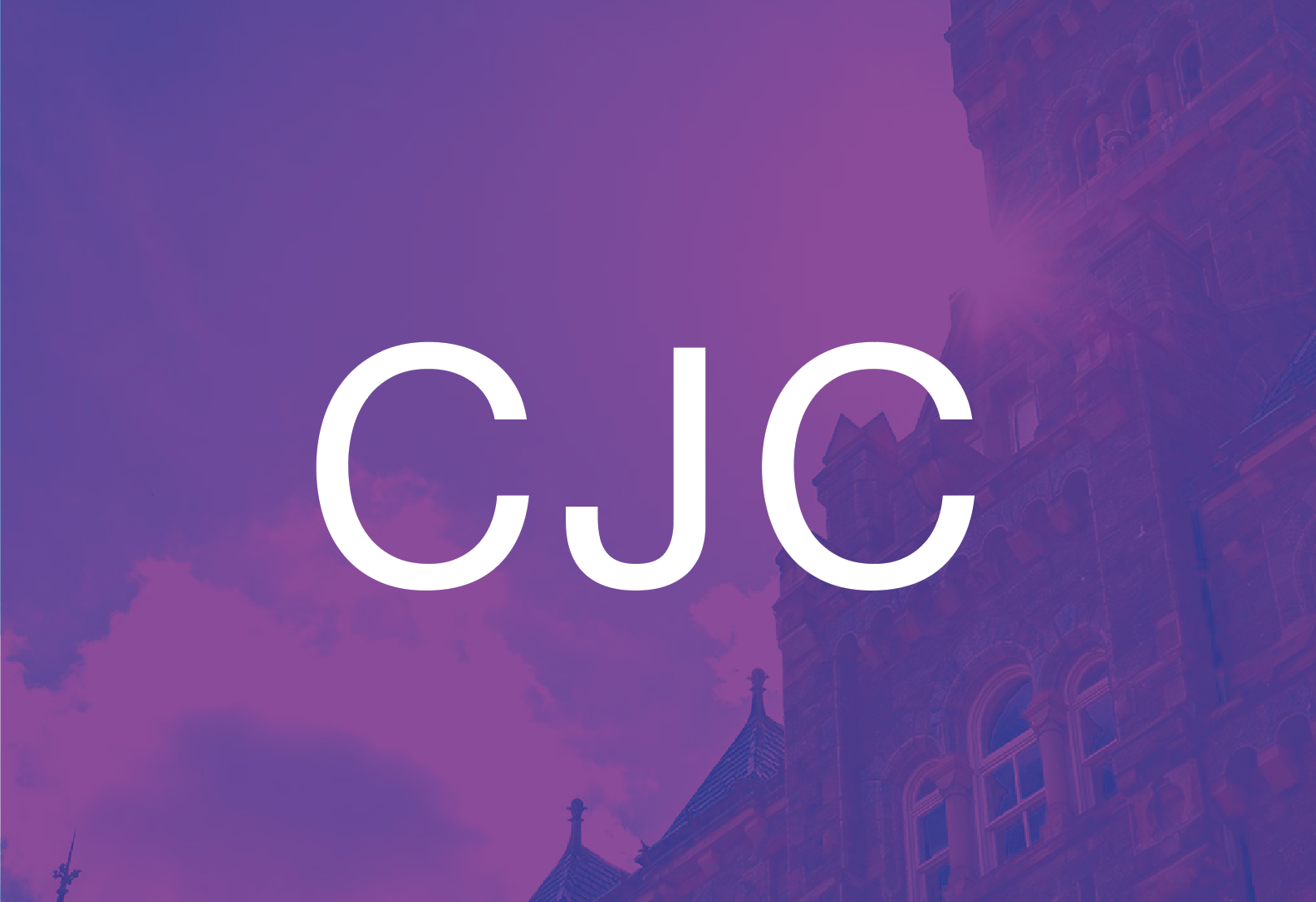
Center for Latin American Studies (CLAS)
The Center for Latin American Studies (CLAS) stands as one of the world’s leading centers for the study of the Western Hemisphere; focuses on democratic consolidation and governance, economic development and trade, poverty and inequality, indigenous peoples, culture and society, inter-American affairs and other subjects through interdisciplinary teaching, research, and outreach activities. Home to the Master of Arts in Latin American Studies (MALAS).

Center for Security and Emerging Technology (CSET)
Established in January 2019, the Center for Security and Emerging Technology (CSET) at Georgetown’s Walsh School of Foreign Service is a research organization focused on studying the security impacts of emerging technologies, supporting academic work in security and technology studies, and delivering nonpartisan analysis to the policy community. CSET aims to prepare a generation of policymakers, analysts, and diplomats to address the challenges and opportunities of emerging technologies.

Center for Security Studies (CSS)
The Center for Security Studies (CSS) seeks to bridge the gap between the academic and policy communities by facilitating the interaction and exchange of ideas among faculty and students in the School of Foreign Service and national security and foreign policy practitioners and analysts. The Center’s preeminent goal is to produce a new generation of analysts, policymakers, and scholars fully knowledgeable about the range of international and national security problems and foreign policy issues of the 21st century. Home to the Master of Arts in Security Studies (MASS).
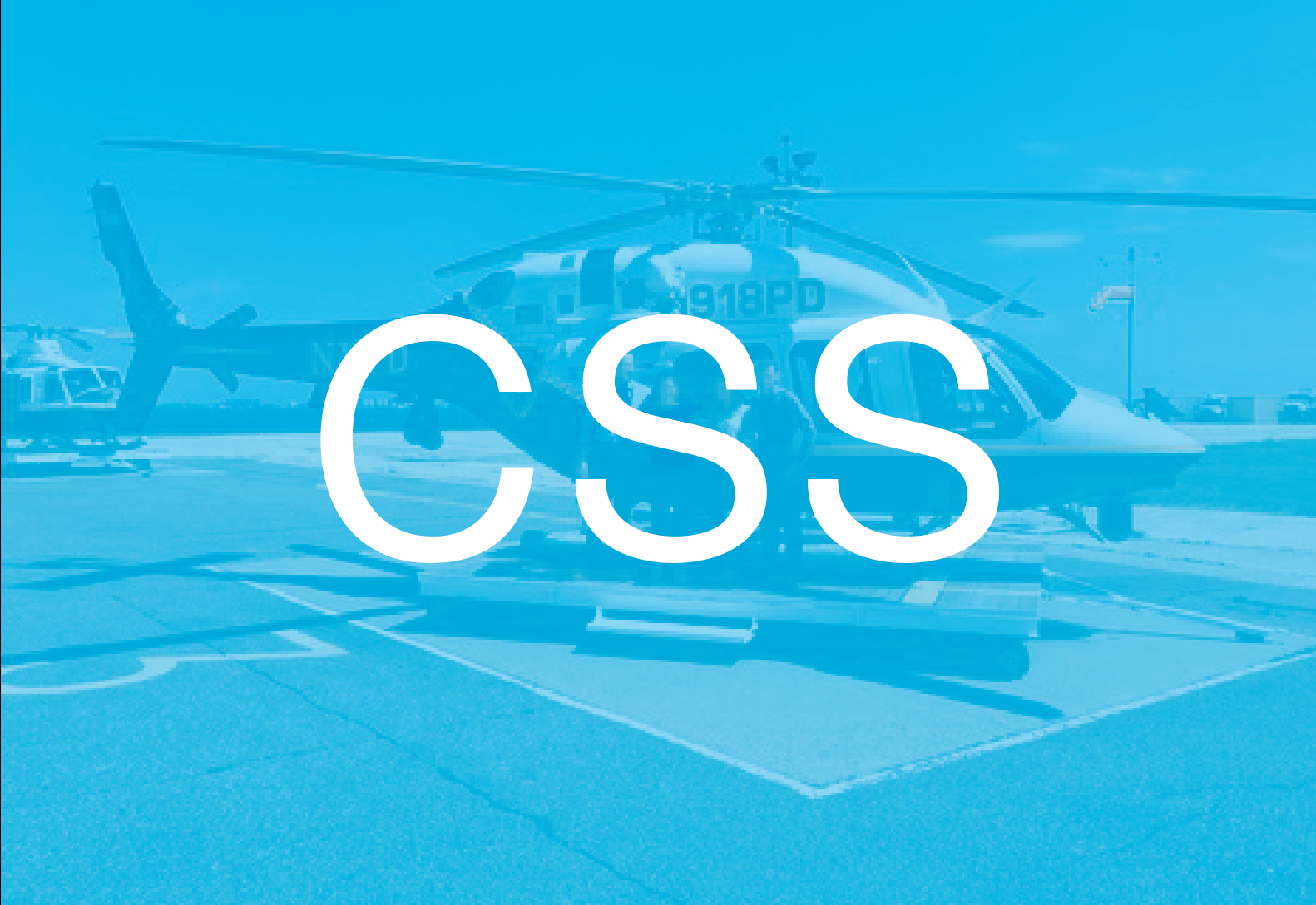
Georgetown Institute for Women, Peace, Security (GIWPS)
The Georgetown Institute for Women, Peace, Security (GIWPS) supports scholarship, research, and outreach on women, peace, security, and development by convening leaders, scholars, and practitioners whose work is focused on these issues.
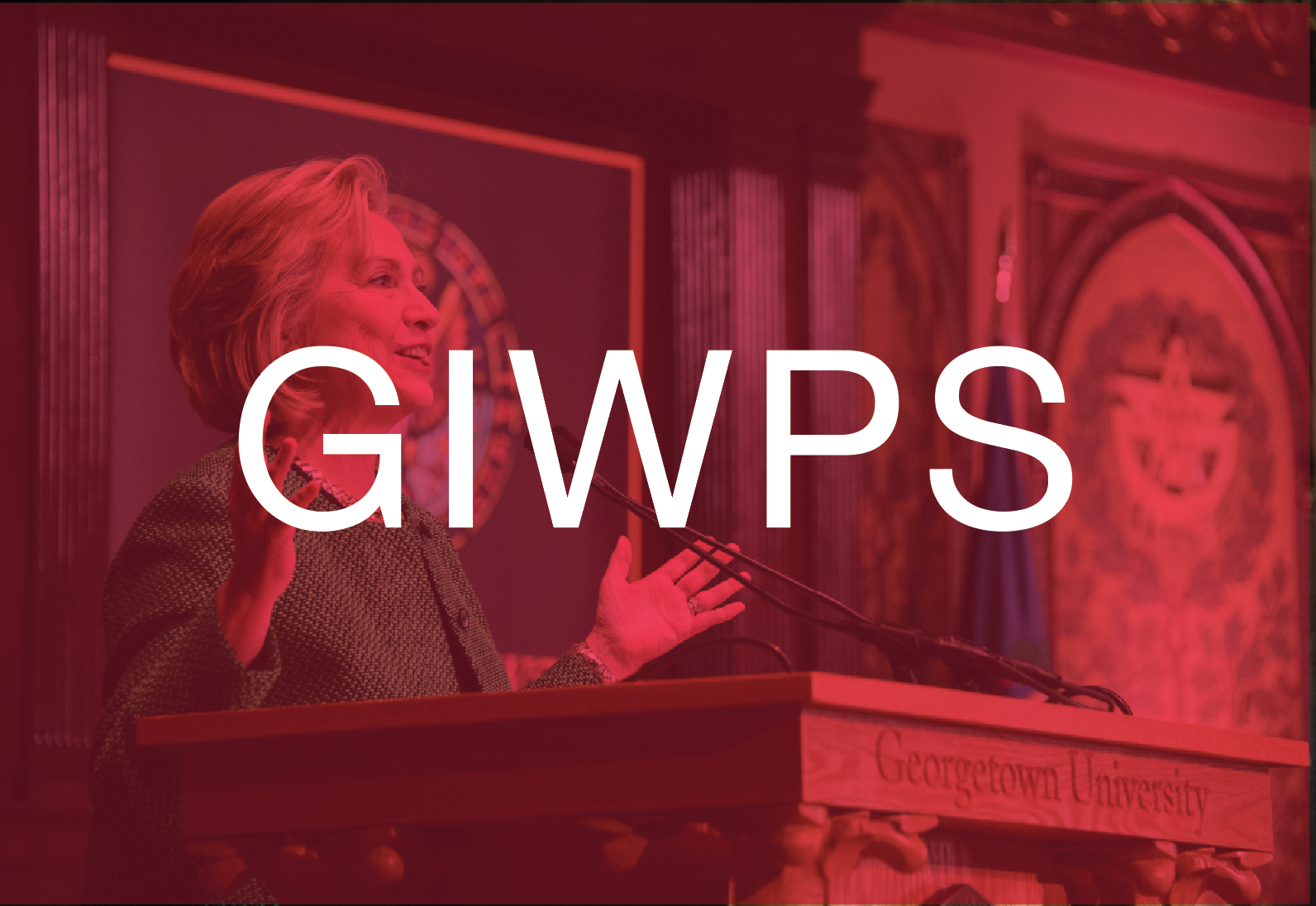
Global Human Development Program (GHD)
The Global Human Development Program is designed to prepare the next generation of development professionals by giving them the knowledge, skills and experiences necessary to become leaders in their field, and make a difference in our global community.

The Laboratory for Global Performance and Politics
The Lab harnesses the power of performance to humanize global politics. We believe that theater can be spectacularly good at countering polarization through the empathy it enables in a live communal setting, and through its capacity to humanize others.
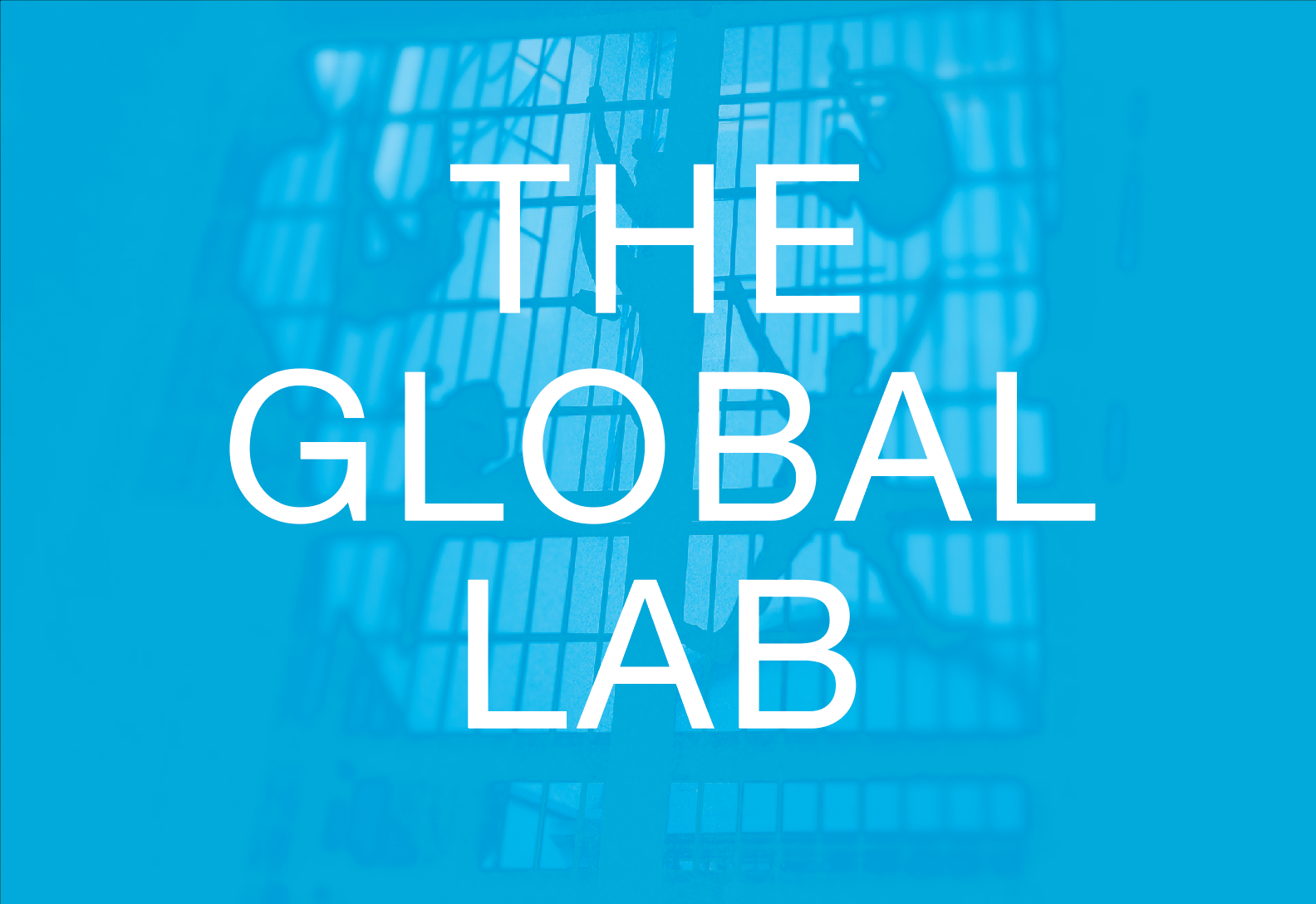
Georgetown SFS Asia Pacific
Georgetown University’s School of Foreign Service (SFS) proudly extends its tradition of excellence in international affairs education to Jakarta, Indonesia, with the establishment of Georgetown SFS Asia Pacific (GSAP). GSAP integrates a multilocational approach, connecting Jakarta, Doha, and Washington, DC, to provide you with an immersive, truly global education. This unique model allows you to study international affairs within the regions you are learning about, offering unmatched opportunities for hands-on engagement with local experts, policymakers, and communities.
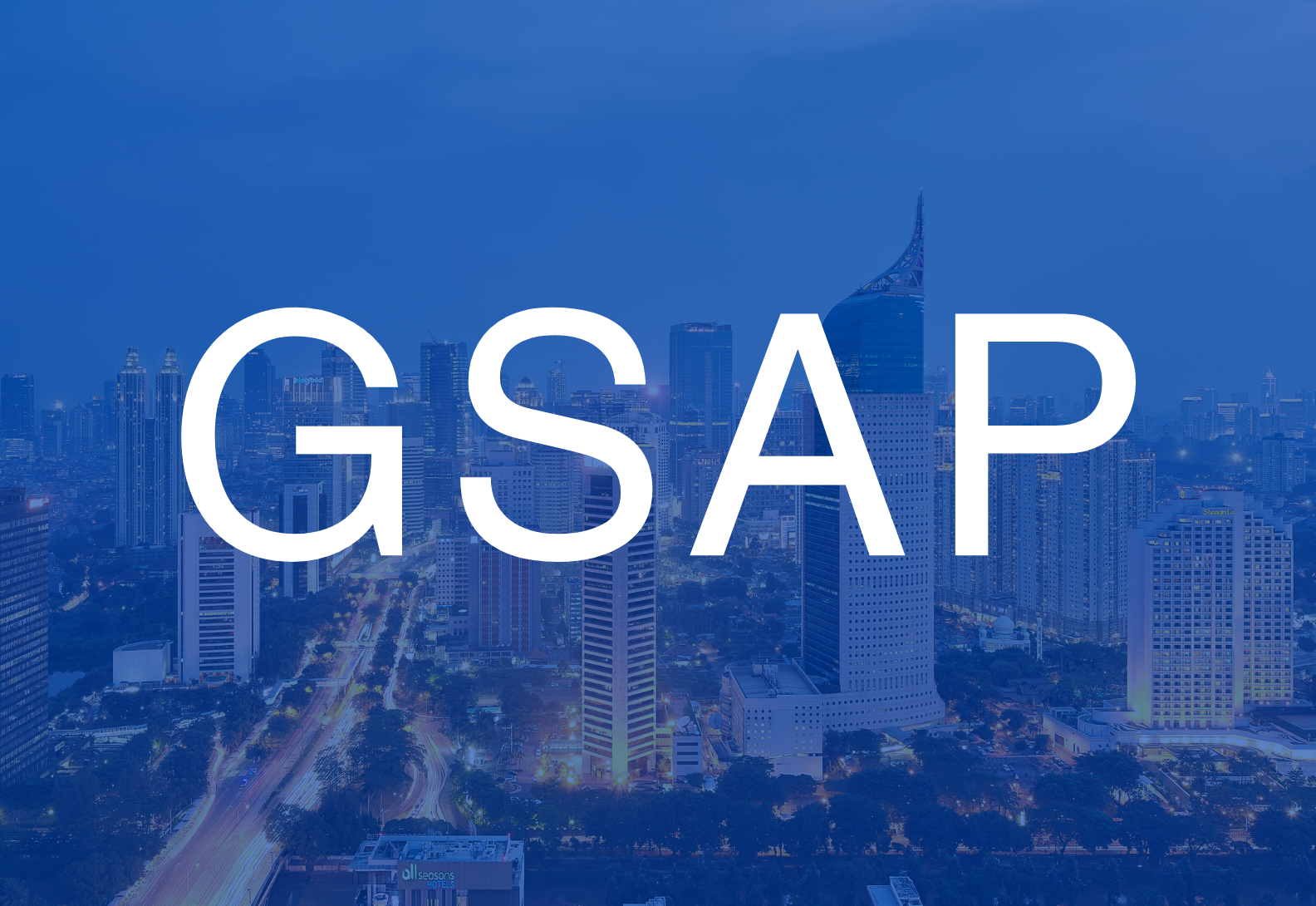
Institute for the Study of Diplomacy (ISD)
The Institute for the Study of Diplomacy (ISD) brings together diplomats and scholars to bridge theory and practice as they explore global problems and the changing worlds of diplomatic engagement.
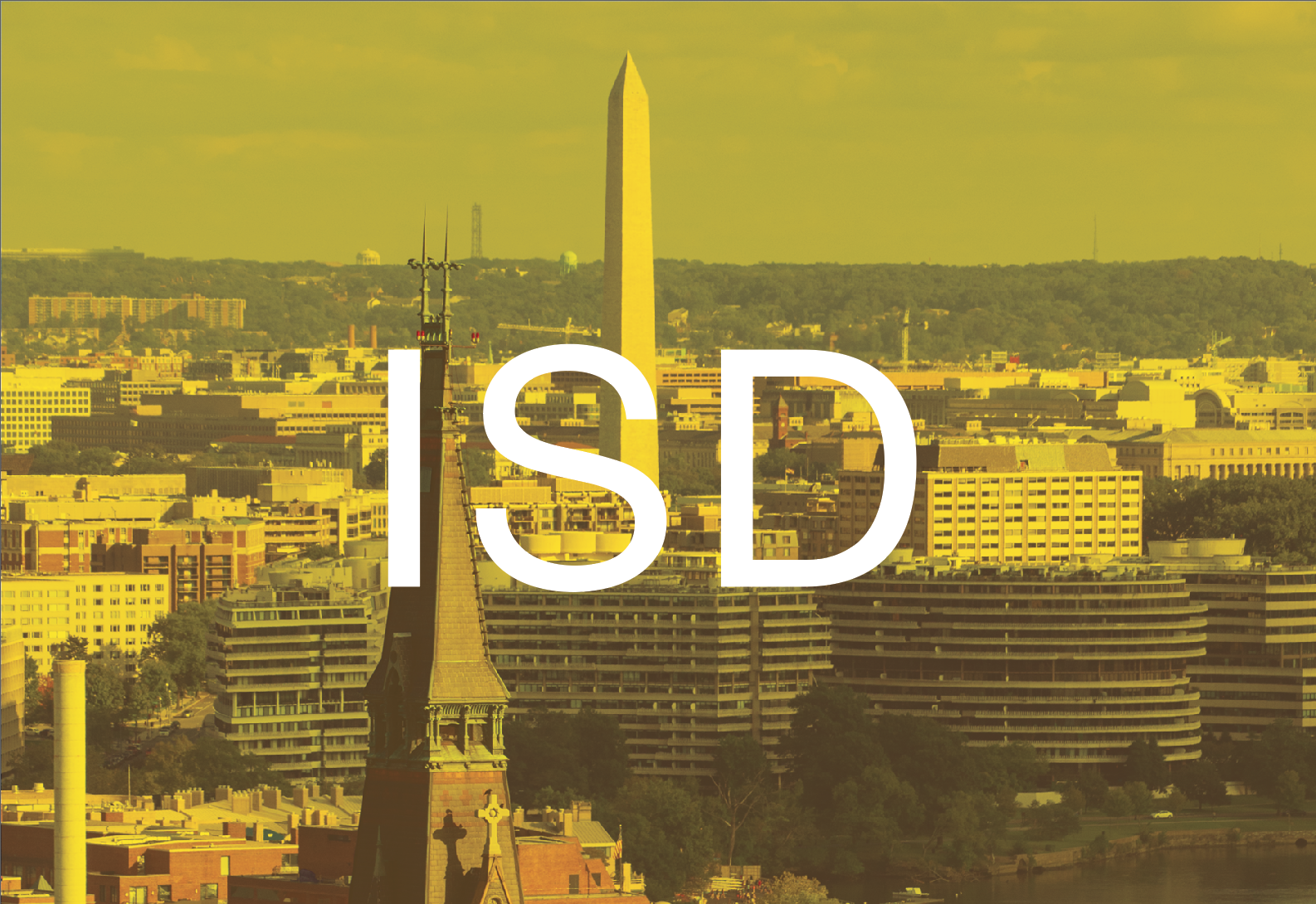
Institute for the Study of International Migration (ISIM)
The Institute for the Study of International Migration (ISIM) applies the best in social science, legal and policy expertise to the complex and controversial issues raised by international migration.
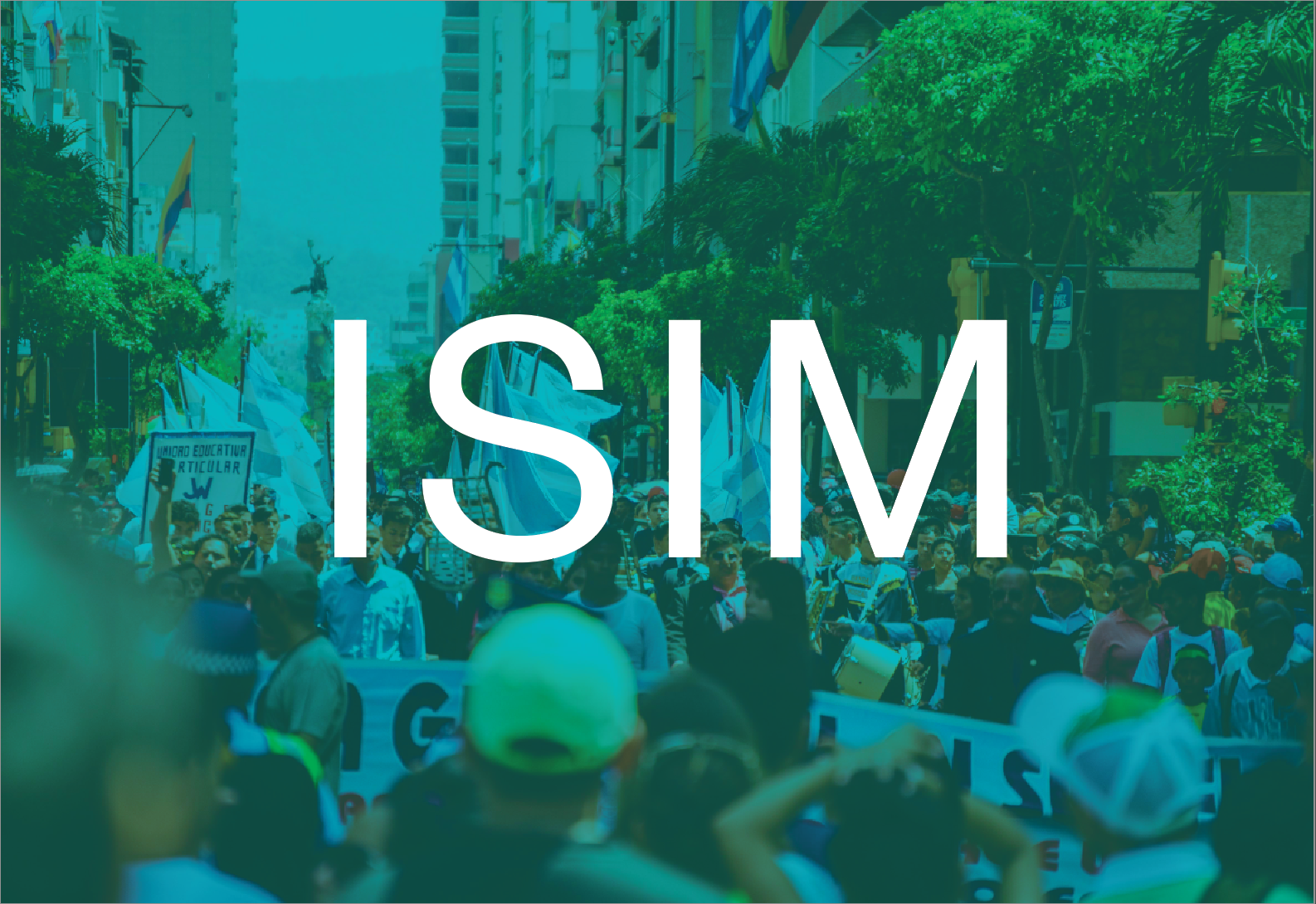
Master of Science in Environmental & International Affairs (MS-EIA)
This interdisciplinary Master of Science from the Earth Commons and the Walsh School of Foreign Service’s Science, Technology, and International Affairs program meets the growing demand for environmental science and policy expertise to address the most pressing global environmental issues of our time.
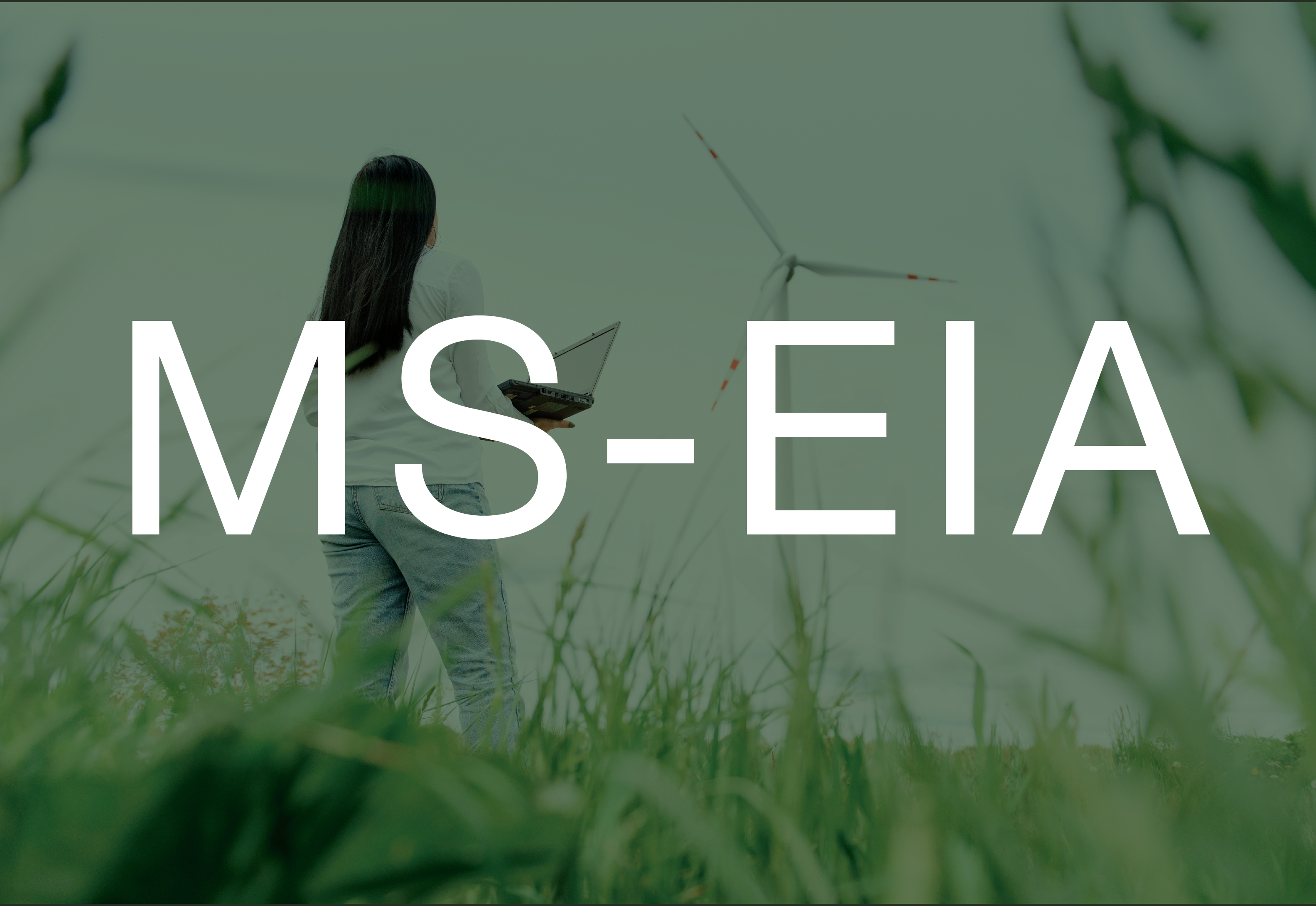
Master of Science in Foreign Service Program (MSFS)
The Master of Science in Foreign Service (MSFS) provides a foundation that crosses critical disciplines of international relations, history, and economics, while offering preparation for professional careers in the nonprofit, public, and private sectors of international affairs.
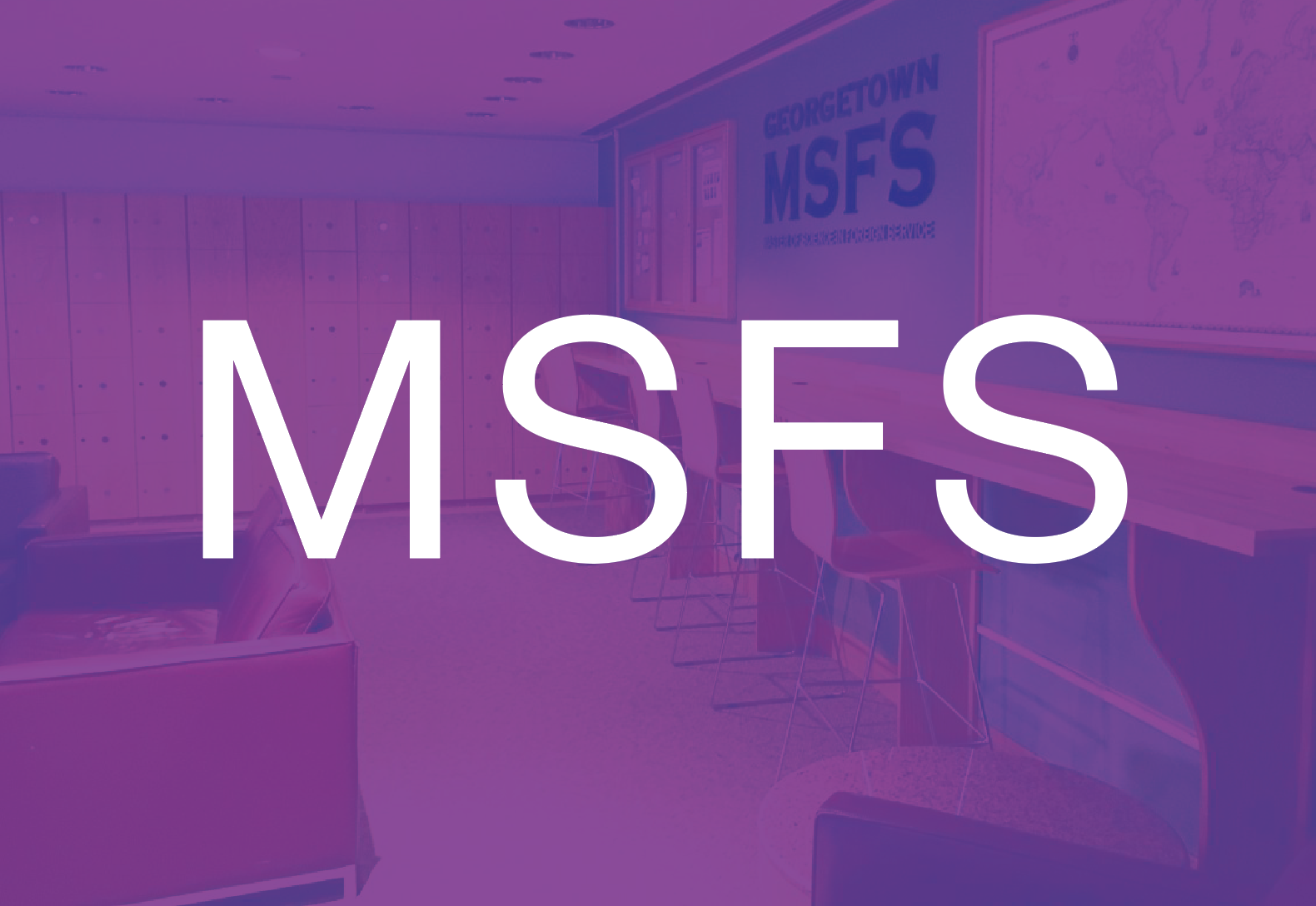
Mortara Center for International Studies
The Mortara Center for International Studies seeks to advance scholarship and inform policy by combining the expertise of scholars and the experience of international affairs practitioners to illuminate the fundamental forces—political, economic, and cultural—that shape international relations.

Landegger Program in International Business Diplomacy (IBD)
The Landegger Program in International Business Diplomacy (IBD) trains students for work at the intersection of the international public-and-private-sector activities through an honors certificate program that offers an interdisciplinary course of study to complement their academic interests and degree.

Science, Technology and International Affairs (STIA)
The Science, Technology and International Affairs Program (STIA) is educating the next generation of leaders skilled in science and technology, creating knowledge that will advance cross-cutting solutions for today’s most pressing issues, and driving innovation at the nexus of science and international affairs.
